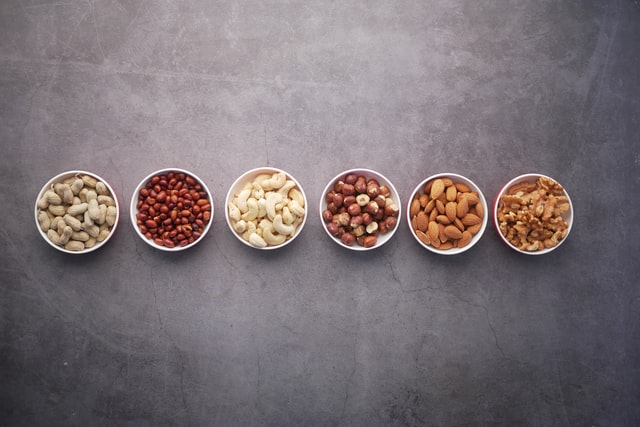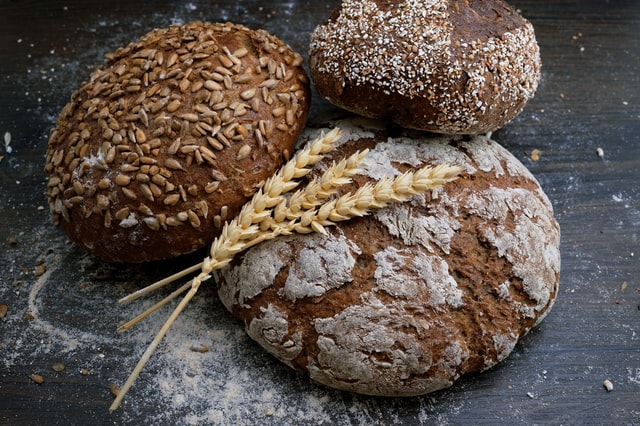If you’re trying to improve your diet, you’ve probably heard that what you eat impacts your physical health. Did you know that the foods you eat affect your mental health? Good food, good mood is a popular saying. If we think of it, food does make most things better.
It’s possible that learning more about the link between diet and mental health will influence what you put in your shopping cart.
The Connection Between Your Diet And Mental Health
The relationship between the brain and food is linked with how the brain’s neurons function. Neurons are nerve cells that send information between different parts of the brain and the nervous system.
Eating nutritious foods can assist in the growth of new neurons. Eating a healthy diet can also increase the number of connections between neurons. You can think, learn, remember, and communicate better when your neurons are more connected. And when your brain functions more efficiently, you will feel better mentally.
Read more- 7 Foods Bad For Mental Health.
The Impact Of Your Gut Health On Your Mood
The brain is not the only part of your body that impacts your mood. Scientists have discovered that your digestive tract (gut) significantly impacts your mental health. Gut bacteria produce neurochemicals that the brain uses to regulate mood, emotion, and other mental processes.
Some fermented foods and beverages are high in beneficial bacteria that can help you improve your gut health.
Here are some examples:
- Kimchi
- Kombucha
- Sauerkraut
- Yogurt
5 Foods To Improve Your Mood
Certain food items have been linked to improving overall brain health and uplifting moods. Here are five foods that contain nutrients that can help you feel better:
1. Berries:

Replace cookies and pastries with blueberries, raspberries, or strawberries if you have a sweet tooth. Berries have a low natural sugar content and are a good source of vitamin C. This vitamin aids in regulating cortisol, a stress hormone released by the body.
2. Greens that are dark and leafy:

Probiotic foods include broccoli, leaf lettuce, kale, and spinach. These are the foods that your gut’s beneficial bacteria eat. Folate, magnesium, potassium, and vitamin B12 are abundant in dark, leafy greens. Anxiety and depression are known to be reduced by these nutrients.
3. Healthy Oils:

Certain cooking oils contain nutrients that are beneficial to mental health. Purchase olive oil for low-heat cooking and coconut or avocado oil for high-heat cooking. These oils contain healthy fats. The presence of these fats has been linked to improved memory in adults.
4. Nuts:

Tryptophan is found in almost all nuts. This amino acid aids in the production of serotonin, a mood-regulating brain chemical. Almonds, cashews, and walnuts are among the best nuts for improving mood.
5. Whole Grains:

Brown rice, millet, quinoa, and whole wheat are high in energy, which helps to improve mood. You won’t experience a sudden drop in power after eating whole grains as you might after eating refined white grains.
Read more- Is Asparagus Good For Mental Health?
Takeaway
The impact of diet and nutrition on mental health is important. Good nutrition is an essential component of emotional well-being. Healthy eating can help you stay in shape, but high-quality food can help your brain stay nourished and protected.
Examine the connection between what you eat and how you feel. Know what foods you should and shouldn’t eat to incorporate healthy eating into your life. Never skip a meal, and keep a healthy diet!

